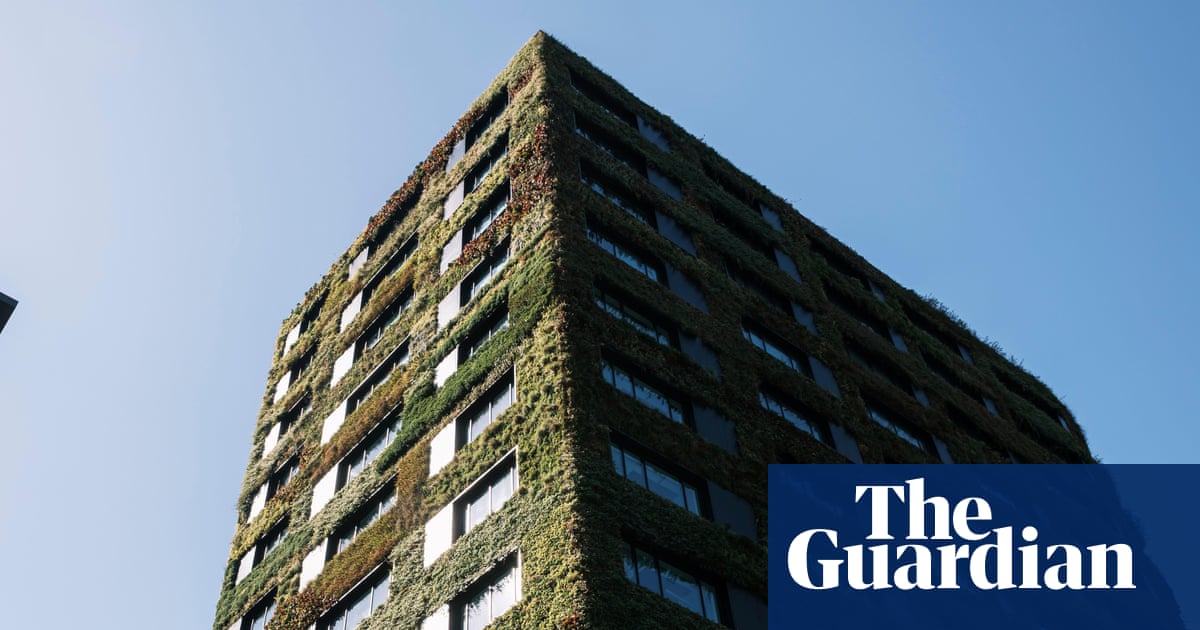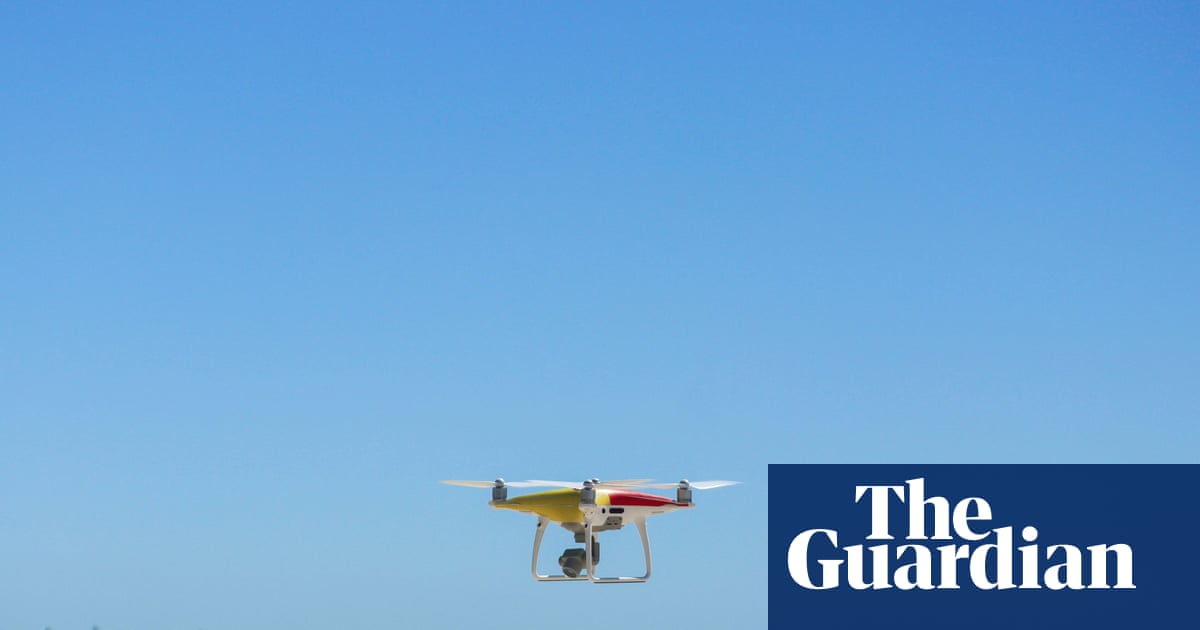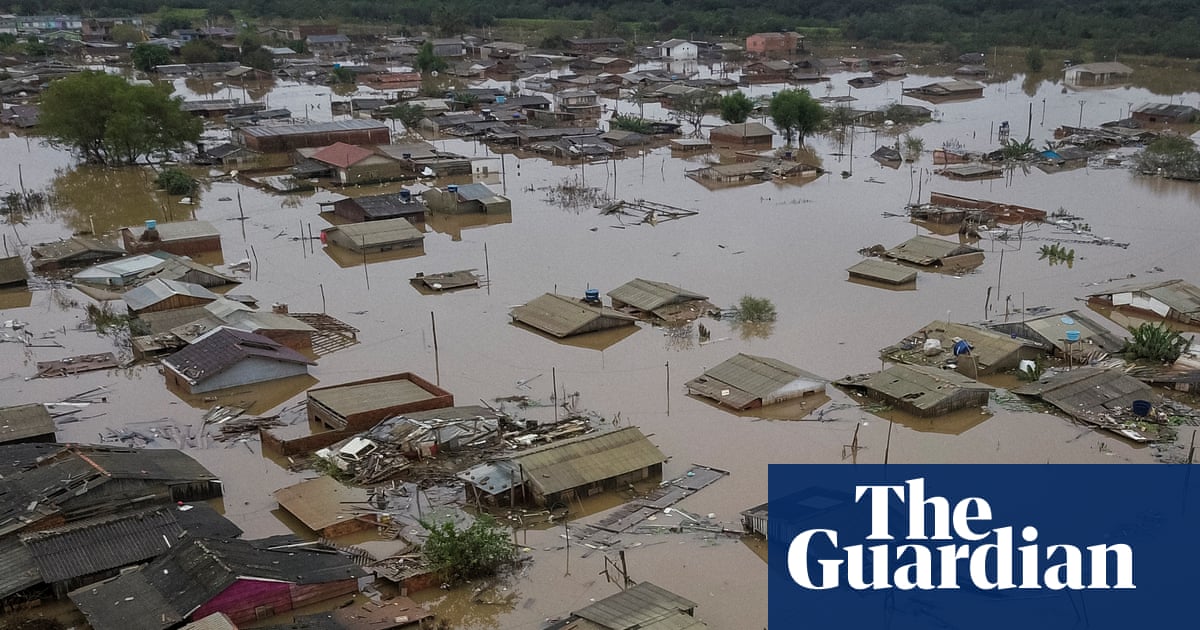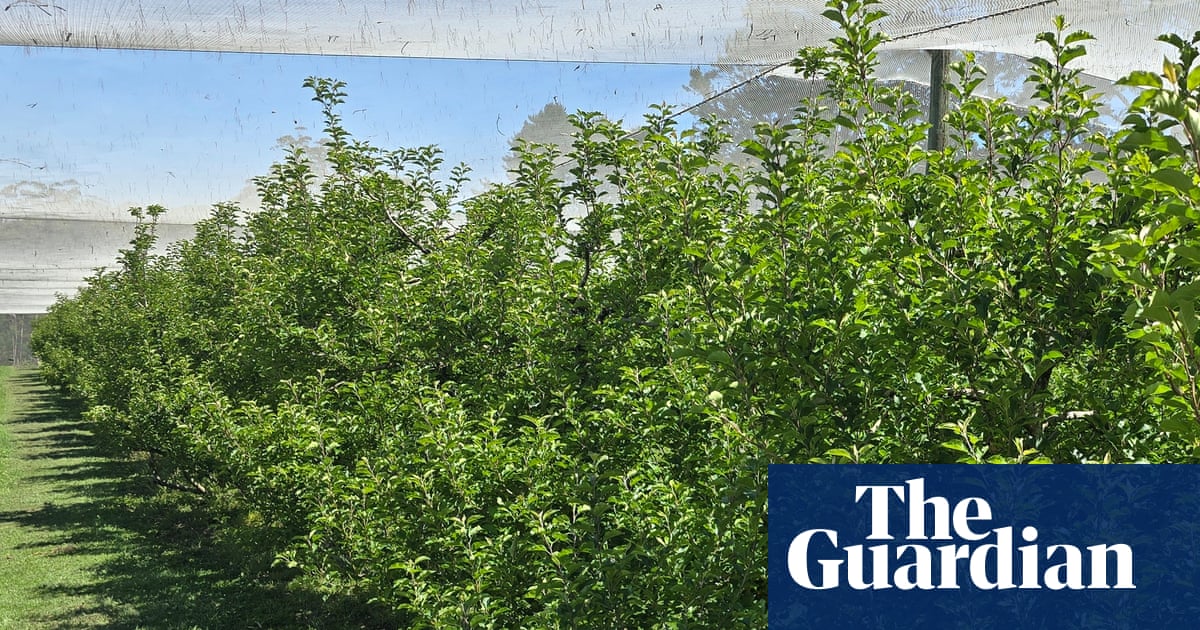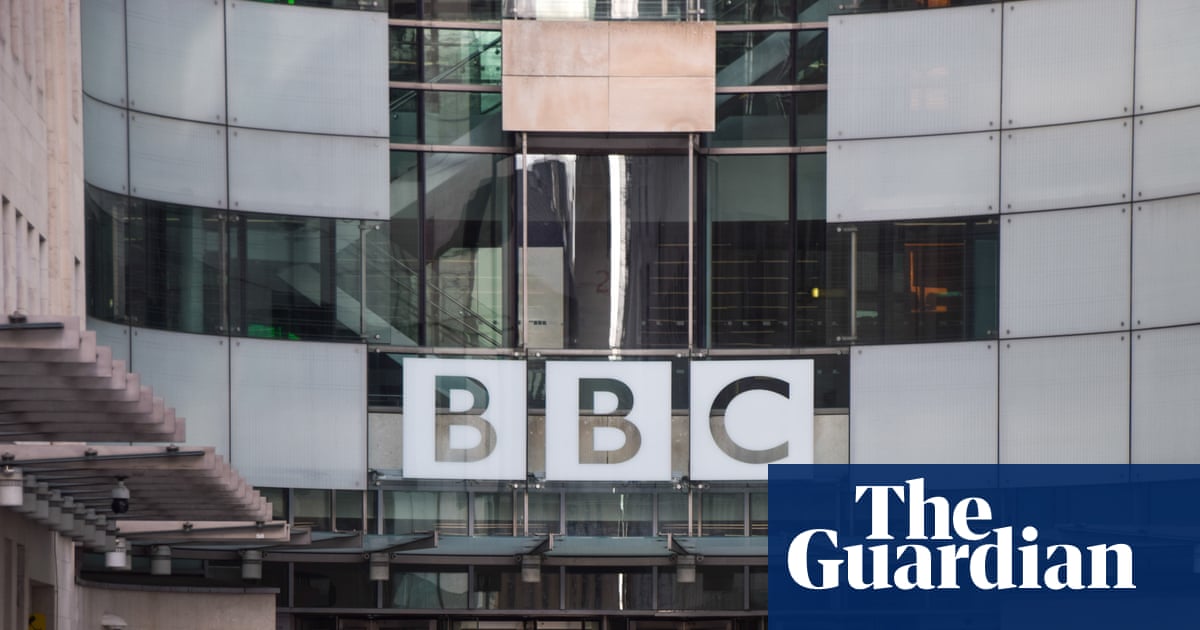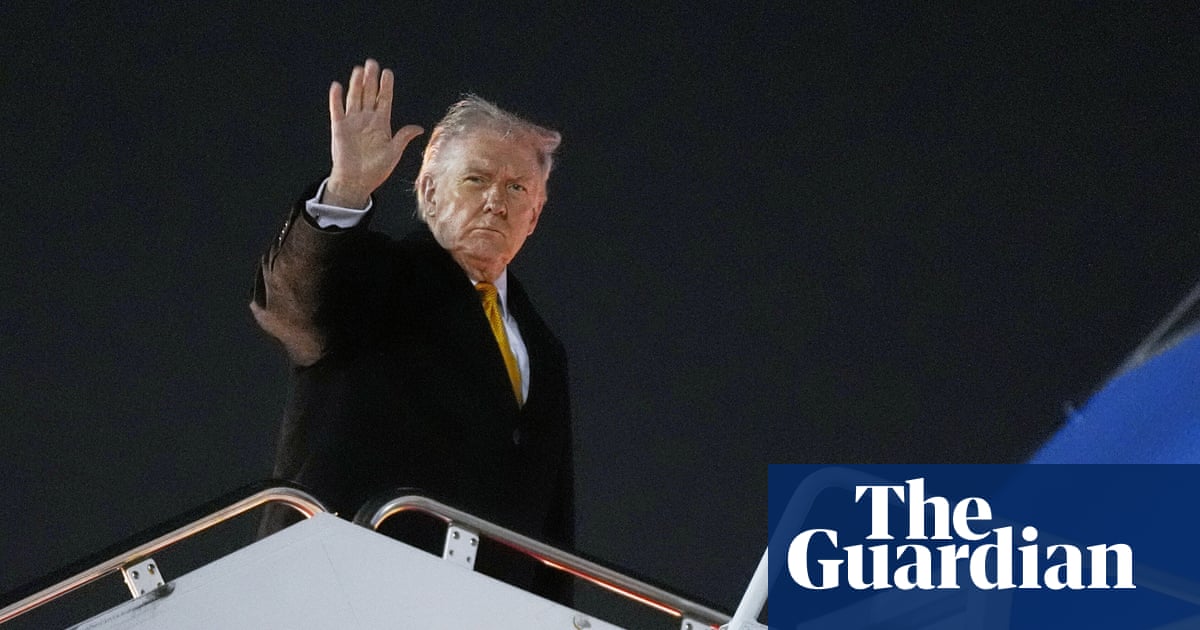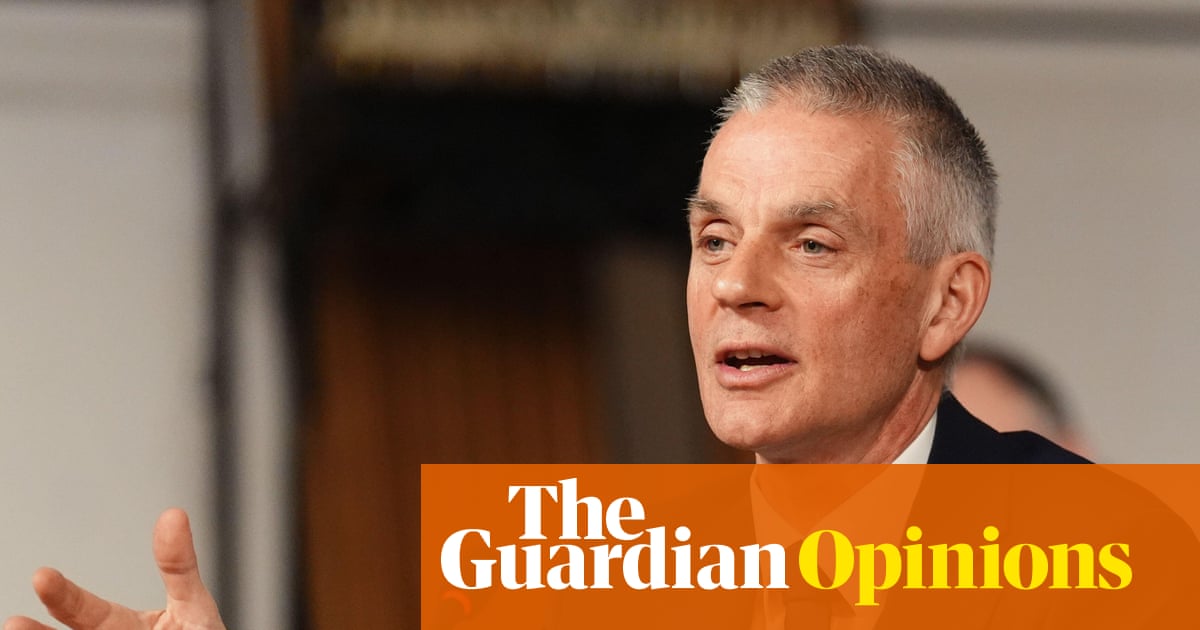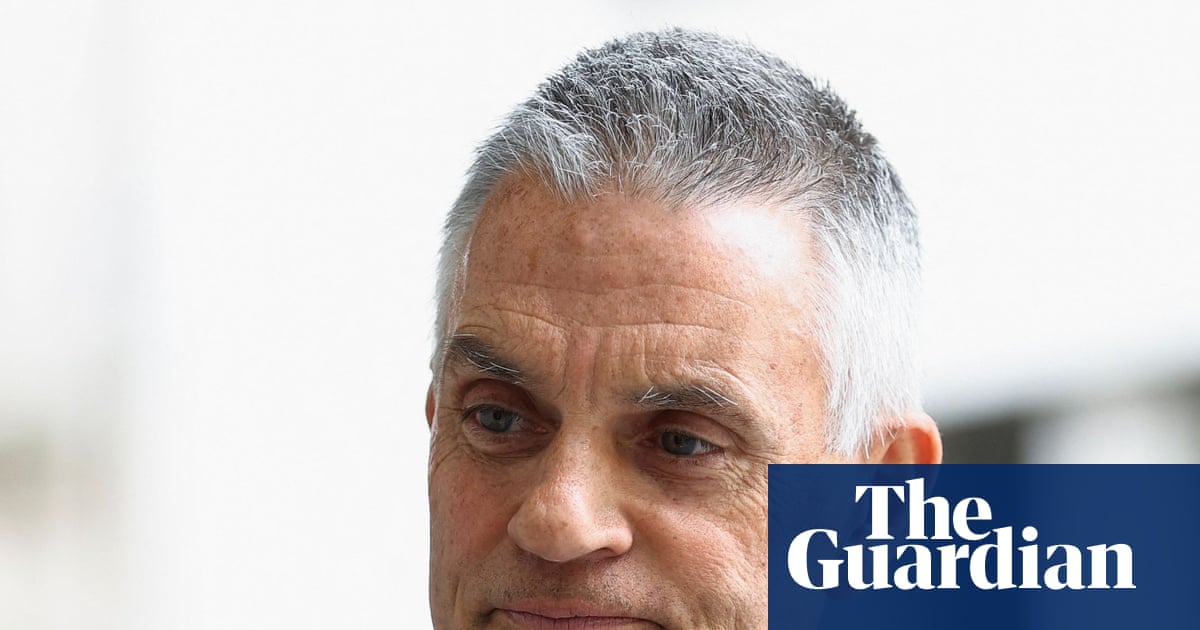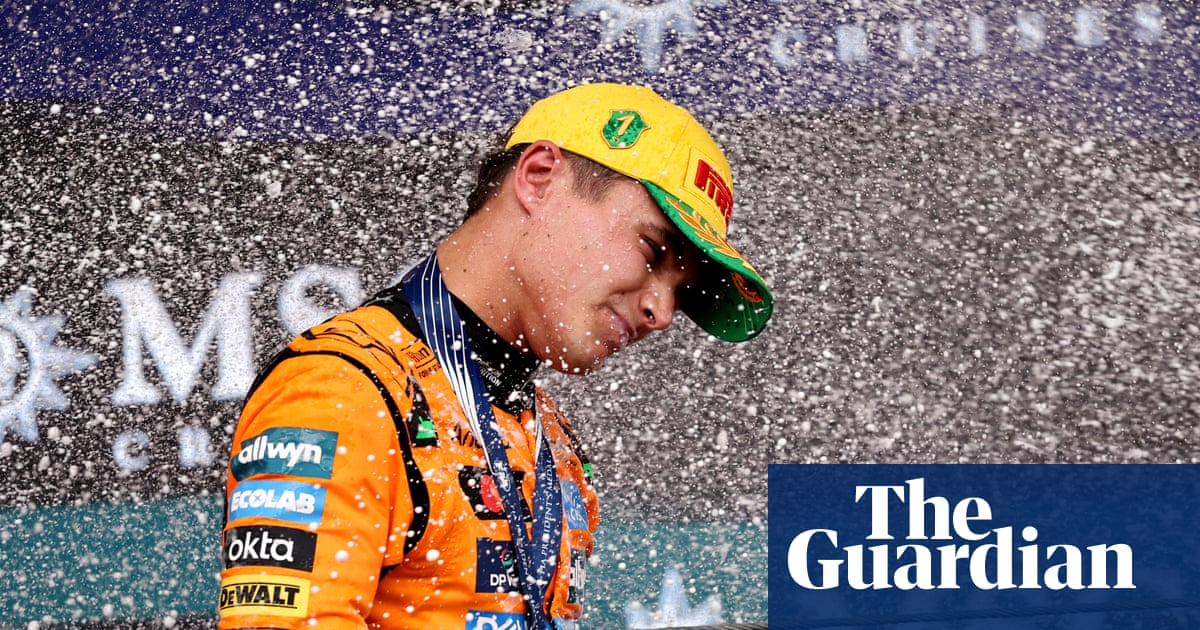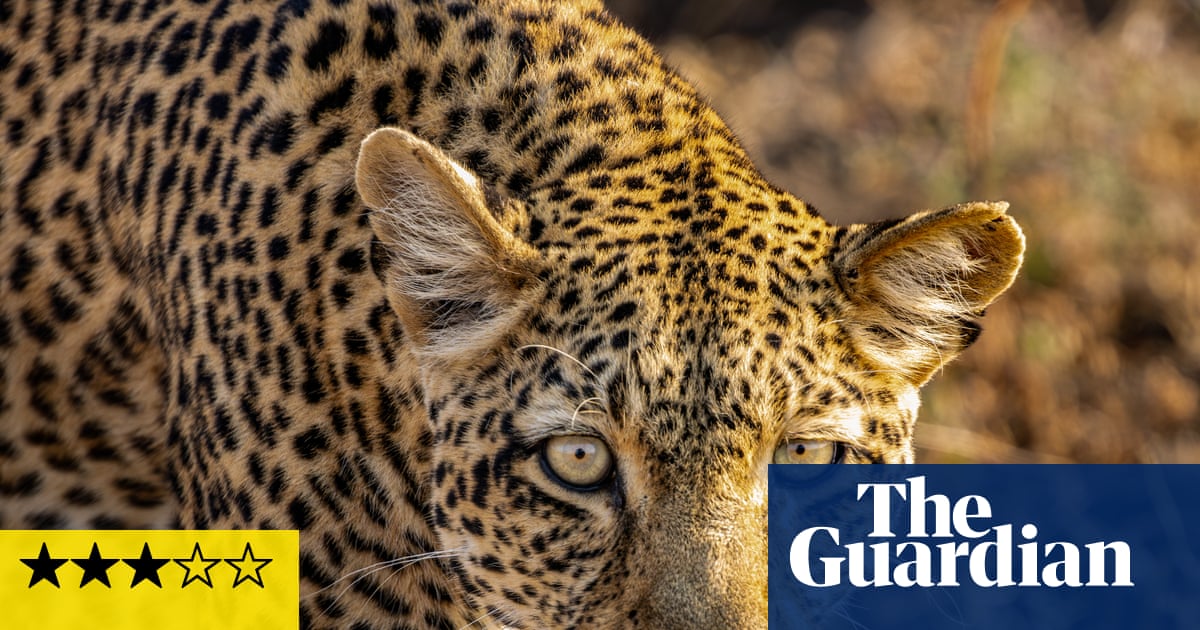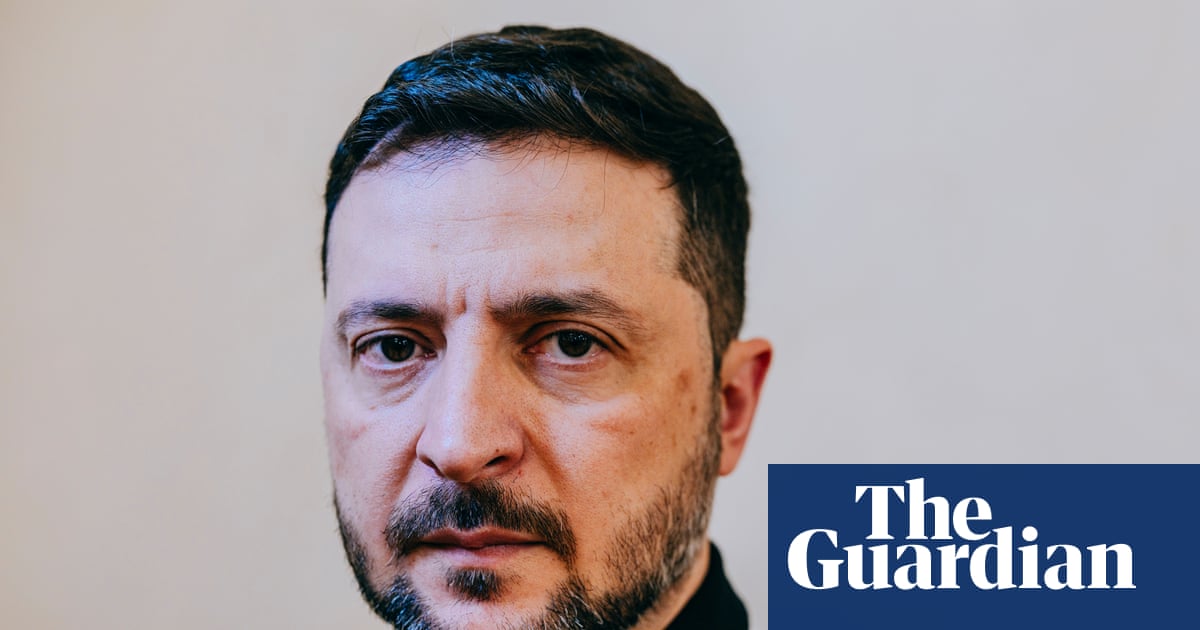Ridding ourselves of fossil fuels has been a tortuously ponderous process and, in the current political era, one that can seem to be in full retreat. But we do have the tools to run our cities, vehicles and industries on clean energy and even through the murk of vested interest, the contours of a post-fossil world are becoming clearer.
Our system of producing food, though, is in a relative stone age when it comes to the climate crisis. We continue to raze vast tracts of carbon-rich forests for crop and grazing land thereby creating, by some estimates, as much as a third of all global planet-heating emissions.
As parts of the developing world get wealthier, people eat more meat, meaning more forest and grassland is obliterated and greater emissions are belched out by livestock and its attendant machinery, feed and chemicals. Even if we do manage to kick the habit of coal, oil and gas, modern agriculture now has enough heft on its own to shove us headlong into environmental catastrophe.
Why our food system remains a climate disaster, and how we can extricate ourselves from this mess, are central questions pondered in a new book called We Are Eating the Earth by the journalist Michael Grunwald.
Grunwald is unsparing in his diagnosis of the challenge, estimating that agricultural production will need to expand by about 50% in the next 25 years to feed a growing human population of 10 billion people while somehow also not wiping out the world’s biodiversity and carbon-storing trees while doing so.
Given the world has already, according to Grunwald, devoted an amount of land equivalent to all of Asia and all of Europe for farming, however, the maths in doing this is “terrible” and “remorseless”. As so little funding and thought has gone into making our food climate-friendly, there is no obvious template for ramping up food production in a way that doesn’t eat more of the Earth.

“We’re clear-cutting and broiling the planet to stuff our faces,” Grunwald writes, adding that “feeding the world without frying it” will be an even bigger task than ending the age of oil. “This carbohydrate problem will be even trickier to solve than the hydrocarbon problem,” he states.
For much of the rest of this 300-plus page tome, Grunwald sets about exploring potential solutions to this problem and talking to those working on them, often with dispiriting results.
Some favorites of the environmental movement, such as locking up more carbon in soils, are, he finds, a chimera. Another, the use of biofuels, where foodstuffs such as corn are turned into fuel, are actively harmful, Grunwald argues in painstaking detail.
While a cleaner energy system can run on essentially infinite rays of the sun and gusts of wind, there is only a certain amount of land to play with. If you use corn for fuel instead of food or even set up a seemingly green, Michael Pollan-like pastoral scene of grass-fed cows, displacing widely disliked but high-yield factory farming, it ultimately means more of nature is chewed up elsewhere to feed hungry mouths.
“Our demand for calories and protein will find a way around our desire to protect nature and the climate, just as a river finds a way around rocks,” Grunwald writes.
So what of other potential remedies? The burst of hype around plant-based meat appeared to hold promise, and undoubtably provided an upgrade on previous iterations of veggie burgers, but the book documents how by 2023 the bubble had mostly burst and the media was “throwing dirt on the sector’s grave”.
Beyond Meat, previously at the forefront of the sector, lost 95% of its stock value, with plant-based items yanked from the menus of major chains. “The theory was: if we build it, they will come,” Max Elder, who had just shut down his pea-based chicken startup Nowadays, told Grunwald. “Well, we built it. They didn’t come.”
Likewise, the nascent field of cultivated, or lab-grown, meat – where cells of an animal are grown in a bioreactor to become a genuine chicken nugget or strip of bacon without the associated slaughter or emissions – remains expensive, niche, and in states such as Florida, outright banned – a victim of the culture wars.
“Florida is fighting back against the global elite’s plan to force the world to eat meat grown in a petri dish or bugs to achieve their authoritarian goals,” the state’s governor, Ron DeSantis, said last year.
Vertical farming, too, has fizzled. It was hoped that giant warehouses with floor-to-ceiling vegetables requiring few of the inputs of traditional farming would save space and cut pollution but, as Grunwald notes, the practice is a “ludicrous energy hog” to the extent, he calculated, that it would require every megawatt of renewable energy in the US just to grow 5% of America’s tomatoes. Several startups in this realm have gone bust.
“Carbon farming and vertical farming are wildly overhyped,” Grunwald sums up. “Plant-based meat has floundered in the market, while cultivated meat hasn’t really made it to market.”
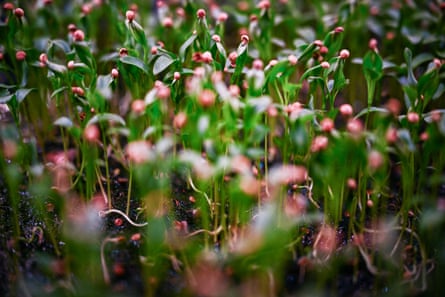
He concedes it’s still uncertain how to solve the terrible maths of food’s climate problem and that we need to keep trying things until there is some tangible progress.
That is not to say that there is no hope, Grunwald said when I spoke to him recently. “I try to be a caller-out of bullshit and I’m not going to pretend any of these solutions have got traction yet, because they haven’t,” he said. “But I didn’t see the point of writing a Debbie Downer book that we are all doomed. That’s untrue and it’s unhelpful.”
Grunwald said he takes comfort from much of the cutting-edge work being done – there has even been work to try to “improve” the process of photosynthesis – and that human ingenuity cannot be discounted.
“As we saw with renewable energy, remarkable things can happen, change can happen,” he said. “It’s hard to get people to change their diets – food is personal and cultural, we vote on these issues three times a day. This stuff is really hard. But blowing through our climate targets sucks too, so it’s worth trying.”
Humans may usually be unwilling to make behavioral changes for the good of the planet but “we are good at inventing stuff”, as Grunwald puts it. Plant-based burgers could become cheaper, tastier and more convenient, much like solar panels are now far more efficient and economic than they were just a few years ago.
Incentives and new technologies could help farmers grow more food on less land. We could drastically reduce the amount of food we waste. At the very least, we could stop doing actively harmful things like encouraging the cutting down of trees for questionable ends.
“It does give me a lot of comfort that incredibly smart people are working on this, it’s hard to not be optimistic when you see people dedicating their lives to fixing these problems,” Grunwald said.

 2 months ago
49
2 months ago
49

